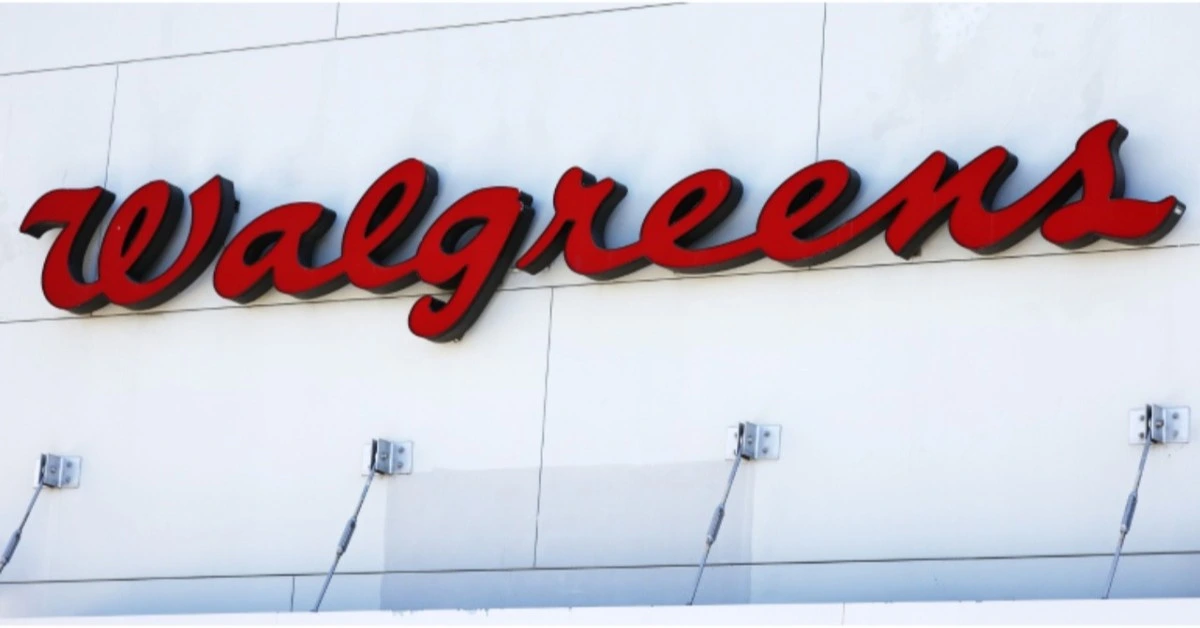
USA – Walgreens Boots Alliance Inc. is currently in discussions regarding a US $18.8 billion acquisition proposal from private equity firm Sycamore Partners.
The proposed deal includes US $13.3 billion in debt financing and US $3.75 billion in equity contributions.
However, concerns have emerged about Sycamore’s ability to fully finance the equity portion of the transaction.
High debt financing raises red flags
According to a filing with the U.S. Securities and Exchange Commission, Sycamore Partners plans to fund approximately 83% of the acquisition through debt.
This debt-heavy structure is more than double the average debt level (41%) typically used by private equity firms in acquisitions.
The financing includes commitments from major banks such as Goldman Sachs, JPMorgan Chase, and Citigroup.
Despite these commitments, questions remain about Sycamore’s capacity to meet the US $2.5 billion equity requirement, given that its 2017 buyout fund, Sycamore Partners III LP, had only US $1.29 billion in capital available at the end of 2024.
Potential impact on Walgreens operations
The proposed acquisition has raised concerns among various stakeholders. Analysts have expressed apprehension about the potential for job losses, store closures, and reduced services as Sycamore Partners implements cost-cutting measures to manage the substantial debt load.
Additionally, the firm’s track record includes instances where portfolio companies have filed for bankruptcy, leading to further scrutiny of the deal’s potential risks.
Walgreens’ stock has experienced volatility in response to the acquisition news. While some investors view the deal as a potential opportunity, others remain cautious due to the high debt financing and the complexities involved in the transaction.
Regulatory bodies are also expected to review the deal to assess its implications for competition and consumer choice in the healthcare sector.
XRP HEALTHCARE L.L.C | License Number: 2312867.01 | Dubai | © Copyright 2025 | All Rights Reserved